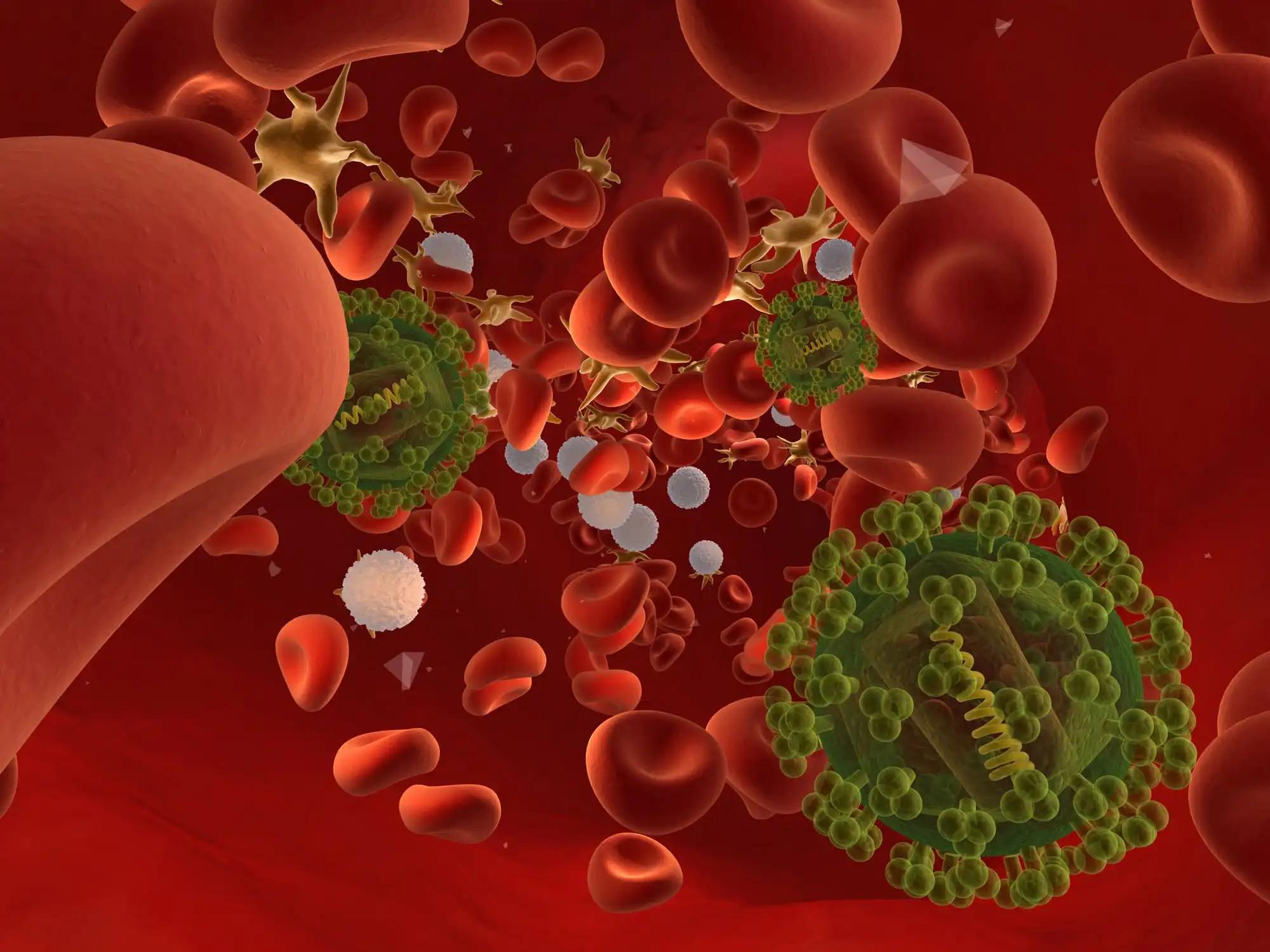KEY TAKEAWAYS
- The EPCORE NHL-1 phase 1/2 clinical study assessed Epcoritamab as a standalone treatment for R/R LBCL, including both DLBCL and HGBCL.
- Extended follow-up confirmed that Epcoritamab SC as a single-agent treatment delivered lasting complete remissions and favorable long-term outcomes with manageable safety for R/R DLBCL and HGBCL pts.
The EPCORE NHL-1 phase 1/2 study included patients (pts) with relapsed/refractory (R/R) CD20+ large B-cell lymphoma (LBCL). As of November 18, 2022, a total of 157 pts were treated, with 148 having diffuse large B-cell lymphoma (DLBCL) or high-grade B-cell lymphoma (HGBCL) (the efficacy population), 4 having primary mediastinal B-cell lymphoma (PMBCL), and 5 with grade 3B follicular lymphoma (FL).
Patients received Epcoritamab SC, administered in a step-up fashion with initial doses, followed by full 48-mg doses, within 28-day cycles. The dosing frequency varied from weekly in cycles 1-3 to every two weeks in cycles 4-9, and eventually every four weeks from cycle 10 onwards until disease progression or intolerable side effects.
The median follow-up period was 20 months. Of the 157 treated pts (median age: 64 years), 36 were still receiving treatment. Patients in this study had undergone a median of 3 different types of therapy, and a significant portion had already received CAR T-cell therapy. Unfortunately, primary treatment resistance was common, affecting 61% of patients. As for side effects, cytokine release syndrome was the most common, affecting 51% of patients.
Other adverse events included neutropenia, fever, fatigue, nausea, and diarrhea. While most patients experienced mild to moderate immune effector cell-associated neurotoxicity syndrome (ICANS), one patient experienced severe (grade 5) ICANS related to the treatment. Additionally, one COVID-19 fatality was deemed treatment-related. CRS was mainly of low grade (48% grade 1-2, 3% grade 3), and it predominantly occurred after the first full dose (cycle 1, day 15). Among pts with DLBCL or HGBCL (n=148; the efficacy population), the overall response rate was 61%, with a complete response rate of 39%. Remarkably, 39% of these pts had received prior CAR T-cell therapy. The median duration of response was found to be 15.5 months, with a confidence interval of 9.7 to 20.8. Additionally, the median overall survival was 18.5 months, and it was not reached among complete responders.
Extended follow-up data confirmed that using Epcoritamab SC as a single-agent treatment induced lasting complete remissions with favorable long-term outcomes and manageable safety profiles for R/R DLBCL or HGBCL pts.
Source: https://clml-soho2023.elsevierdigitaledition.com/438/index.html
Clinical Trial: https://classic.clinicaltrials.gov/ct2/show/NCT03625037
Karimi, Y., Ghesquieres, H., Jurczak, W., Cheah, C. Y., Clausen, M. R., Lugtenburg, P., Cunningham, D., Do, Y. R., Lewis, D. J., Gasiorowski, R., Kim, T. M., Van der Poel, M., Poon, M. L., Feldman, T., Linton, K. M., Sureda, A., Hutchings, M., Stirner, M. C., Liu, Y., Kilavuz, N., Sacchi, M., Thieblemont, C. (2023). ABCL-500 Longer Follow-Up Reaffirms Subcutaneous Epcoritamab Induces Deep and Durable Complete Remissions in Patients With Relapsed/Refractory Large B-Cell Lymphoma: Updated Results From the Pivotal EPCORE NHL-1 Trial. Clinical Lymphoma Myeloma and Leukemia, 23, S438. https://doi.org/10.1016/S2152-2650(23)01330-7



